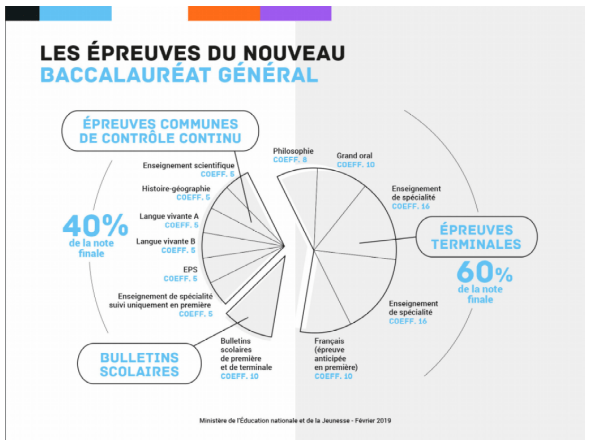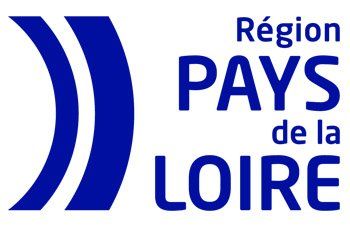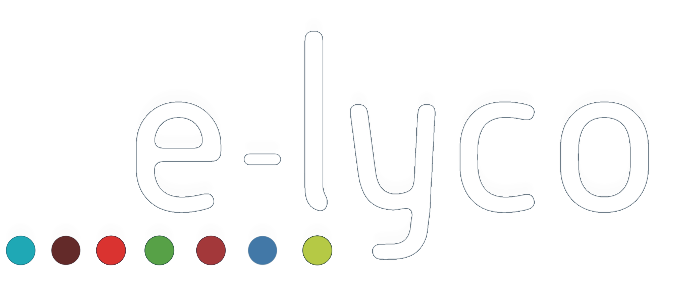Why the change ?
The minister of education has decided to spread the exams over a longer term to avoid them all being in June. It aims at spreading out the correction and destressing students with less subjects in the same week.
What does it change ?
With the disappearance of scientific, literary and economic and social divisions, there are a lot of changes. First, there are common courses with the following subjects: french, history-geography, moral and civic education, 2 languages of your choice, science, sports and philosophy in year 13 (Terminale in french). During year 12 (Première in french), students will have to choose three specialties and they will give up one at the end of the year. Specialties are the following: History geography, geopolitics and political science / Humanities, literature and philosophy / Foreign languages, cultures and literatures / Mathematics / Digital and computer sciences / Life and earth sciences / Engineering Sciences / Economic and Social Sciences / Physics and Chemistry. These account for 12 hours on the timetable.
The organization of exams

The tests of continuous assessment relate to common courses (science education, history-geography, languages and sports) and the specialty abandoned at the end of year 12. The continuous assessment is organized in three periods of common exams: two in year 12 and one in year 13. It will account for 40% of the final grade.
The final exams start at the end of year 12 with the French baccalaureate written and oral. Then, in the final year there will be: two written exams on the chosen specialties, a written exam of philosophy and an oral exam that will focus on a project prepared in year 12 and 13.
How do the students react ?
Students born in 2003 have already undergone a lot of reforms: the primary school, the new DNB exam in middle school (equivalent to GCSE in the UK) and today, the baccalaureate. So even if the exams are dispatched throughout year 12 and 13, there are still big coefficients knowing that you must have an average of 10/20 to pass your baccalaureate. This scares Marie, 16, a French student at Tristan-Corbière High School: « We’re going to deal with the teething problems. We are in the dark and the teachers are too. But it’s the baccalaureate anyway! ».
Margaux ITTURALDE-CHRISTIEN, Elsa GANDON

